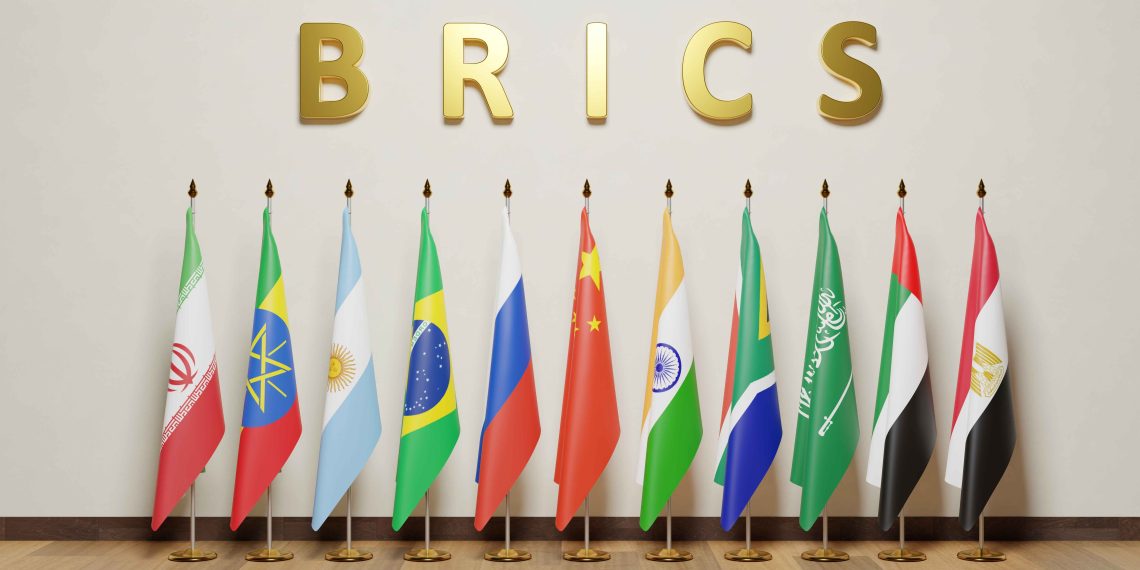BRICS Overview
BRICS is a coalition of major emerging economies initially founded by Brazil, Russia, India, and China in 2006. South Africa joined the group in 2010, officially making it BRICS. The organization was established to unite significant developing countries and challenge the political and economic dominance of wealthier nations in North America and Western Europe.
Expansion and New Memberships
In a significant development, BRICS is set to welcome five new members starting January 1, 2024. The new members include Egypt, Ethiopia, Iran, Saudi Arabia, and the United Arab Emirates (UAE). Although there was a delay in confirming Saudi Arabia’s membership, South Africa has since verified the new member statuses.
Argentina was also invited to join but withdrew in December 2023, shortly after President Javier Milei took office.
Why BRICS Matters
The BRICS group, now expanded, represents about 45% of the global population with a combined total of approximately 3.5 billion people. Collectively, their economies account for over $28.5 trillion, or about 28% of the world economy. The inclusion of Iran, Saudi Arabia, and the UAE adds a substantial share of global crude oil production—approximately 44%.
BRICS aims to provide emerging economies with a stronger voice in global affairs. It challenges the dominance of Western-led institutions like the International Monetary Fund (IMF) and the World Bank. To this end, BRICS established the New Development Bank in 2014, which has financed nearly $32 billion in infrastructure projects by the end of 2022.
China and Russia’s Roles
China’s primary goal within BRICS is to enhance its influence, particularly in Africa, and to lead the global South. Conversely, Russia views BRICS as a counterbalance to Western influence, especially in light of the sanctions imposed after its invasion of Ukraine. Iran’s inclusion could further amplify the group’s stance against Western dominance.
Future Prospects
There have been discussions among BRICS leaders about potentially creating a common currency to diminish the US dollar’s dominance in international trade. However, given the diverse economic landscapes of BRICS nations, establishing a unified currency remains challenging. Instead, discussions may focus on developing a new currency or cryptocurrency for trade purposes.
BRICS and the G20
While BRICS includes several G20 members, it serves a distinct purpose. The G20 was established to address global issues among both developed and developing nations. In the future, BRICS and the G20 might collaborate to address challenges such as climate change funding for developing countries.
Russia’s 2024 BRICS Presidency
Russia will host the BRICS summit in Kazan in October 2024. President Vladimir Putin aims to strengthen the role of BRICS in the global financial system, enhance cooperation among member banks, and increase the use of BRICS currencies. The presidency will also focus on fostering collaboration between tax and customs authorities.
This presidency underscores Russia’s effort to maintain its international alliances and demonstrate its global relevance despite ongoing geopolitical tensions.





















